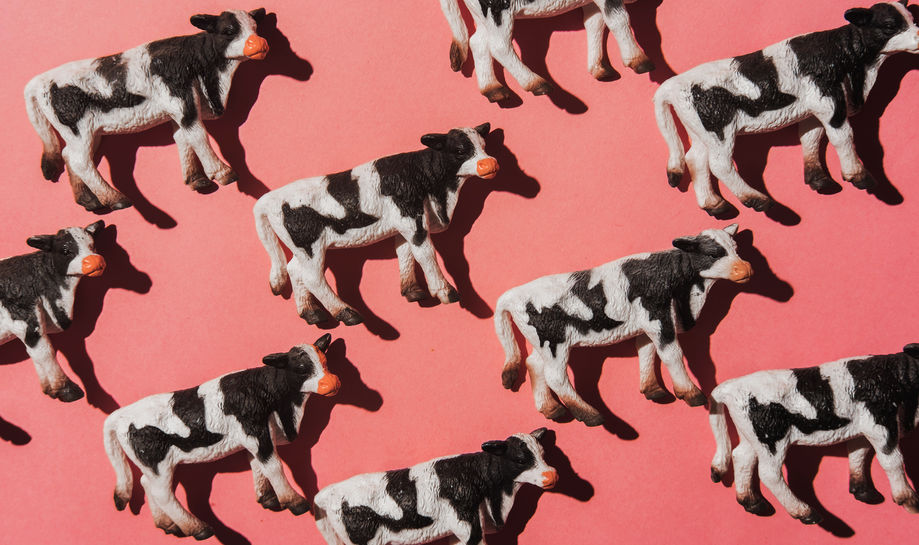While Beyond Meat and Impossible Burger have reignited investor appetite for meat alternatives, not everyone is going to become vegetarian or readily switch to a plant-based diet.
Vital Farms, an Austin, Texas-based producer of pasture-raised eggs, received an investment on Wednesday from Gabrielle “Ellie” Rubenstein, the daughter of Carlyle Group’s co-founder David Rubenstein, one of the latest transactions in the ethical and tech-enhanced livestock production space.
It’s clear why not everyone is eager to jump ship: global meat consumption has been soaring in the last 40 years, as incomes increase globally. As meat consumption is predicted to increase 76% by 2050, according to the U.N.’s Food and Agriculture Organization, innovation in livestock production is equally, if not more, important as developing meat-alternatives.
Livestock farming is often criticized for massive land use and greenhouse gas emissions, but a closer look into the production innovations shows investment opportunities to improve both farming efficiency and animal welfare.
Consumers’ preference for ethically-produced meat gave rise to boutique farms like Vital. The company partnered with more than 200 family farms, and implements a standard that each hen has 108-square-feet outdoor space. Meat with certificates from the Global Animal Partnership, one of the largest animal welfare labeling programs, can sell for a much higher price, Chris Rawley, CEO of agriculture investing platform Harvest Return, told Karma in an interview.
“From the investor standpoint, humanely raised livestock brings higher-price premiums with lower-price volatility,” said Rawley, noting that the price of high-end meat is similar to that of luxury products and is relatively stable compared to everyday commodities.
Agriculture technology has brought an overhaul to every aspect of livestock production. California-based animal feed producer Calysta received $30 million from BP Ventures this week for its new method to produce animal feed. The agtech startup developed a fermentation process that can turn methane into a single-cell protein, called Feedkind.
Drones are also among new technologies helping farmers. Led by DJI Innovation and Aerovironment, drones have been widely adopted by farmers to monitor activities of animals and farming land. The agriculture drone market is predicted to reach $4.6 billion by 2023, and the Asia Pacific region is expected to experience the fastest growth.
Manure treatment reached a breakthrough when Livestock Water Recycling landed an innovation award from Forbes Agtech Summit and a $200,000 investment from SVG Ventures. The Calgary, Alberta-based company claims that its manure-treatment system has the highest capacity to extract nutrients and recycle water from manure.
With rising meat demand, livestock innovation is as vital as developing meat alternatives for global food security.
Rawley stressed that “the protein market is large and diverse enough to allow alternative and traditional meats to meet a variety of consumer tastes.”






















